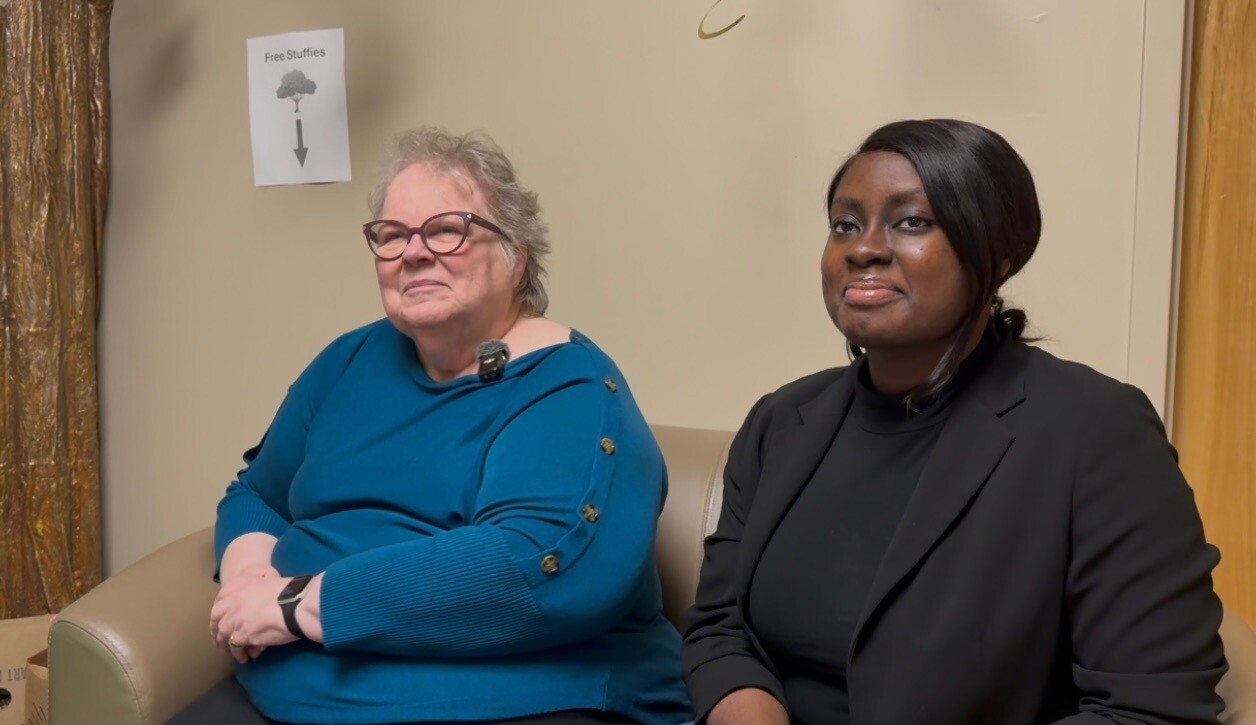KENOSHA — Local advocates say they’re not surprised after federal investigators carried out a human trafficking operation last week that resulted in 20 arrests across Kenosha and Illinois.
According to a press release, the November 19 operation was led by the Department of Homeland Security, with assistance from the FBI’s Chicago Field Office. Portions of the operation were staged at the Kenosha Public Safety Building.
Local law enforcement agencies emphasized they were not asked to participate, citing the sensitive nature of the investigation.
At Women & Children’s Horizons, leaders say the bust highlights a problem they’ve been sounding the alarm on for years.
Sue Sippel, Executive Director, says the location of Kenosha makes it a high-risk corridor.
“Not a surprise at all… there’s what they call the pipeline right up I-41 from Chicago to Milwaukee. We understand this is part of the pipeline,” Sippel said.
Watch: Kenosha human trafficking bust: Local advocates say ‘this happens more than people think'
Sippel says human trafficking doesn’t always look like people imagine. In most cases, victims are manipulated, isolated, or controlled in subtle ways that become more obvious over time.
In an email to TMJ4 News, the FBI’s Chicago office confirmed it assisted DHS in the operation.
Stating generally, the FBI investigates:
• Sex trafficking
• Labor trafficking
• Domestic servitude
Agents stressed that human trafficking can happen in any community — cities, suburbs, and rural areas — and that their approach is victim-centered and trauma-informed.
Rachael Frimpong, Sexual Assault Program Director, says recognizing the warning signs can save lives.
“When you notice control, someone not having freedom, suspicious working conditions… it doesn’t hurt to place the call. There’s manipulation, coercion," Frimpong said. "When you see someone being controlled or afraid, it’s important to do what you can to help.”
Frimpong says many trafficking cases start subtly, making community awareness critical.
Sippel says the most important message is that victims are not alone.
“Once they know there’s a way out and they’ll have those supports, it makes it easier to leave… help is available, you can call our crisis line,” Sippel said.
Women & Children’s Horizons operates a 24-hour crisis hotline, (262-652-9900), emergency shelter, and support services for anyone experiencing or witnessing potential trafficking situations.
Advocates say reporting suspicious behavior may be the action that saves someone’s life.
It’s about time to watch on your time. Stream local news and weather 24/7 by searching for “TMJ4” on your device.
Available for download on Roku, Apple TV, Amazon Fire TV, and more.




